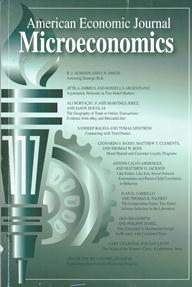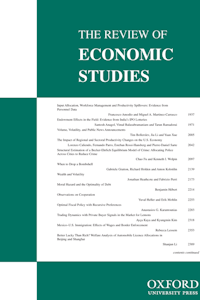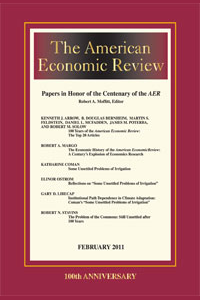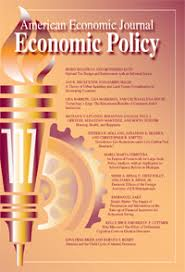
Evans, R. A. and Reiche, S. K.
When Is a Contrarian Adviser Optimal?
American Economic Journal: Microeconomics
Vol. 15 no. 1 pp. 434-466 (2023)
Abstract: We compare contrarian to conformist advice, a contrarian expert being one whose preference bias is against the decision-maker's prior optimal decision. Optimality of an expert depends on characteristics of prior information and learning. If either the expert is fully informed, or if fine information can be acquired cheaply, then for symmetric distributions F of the state a conformist (contrarian) is superior if F is single-peaked (bimodal). If only coarse information can be acquired then a contrarian acquires more on average, hence is superior. If information is verifiable a contrarian has less incentive to hide unfavorable evidence, and again is superior.
JEL Codes: D72, D82, D83, G34, H71, I12, L94
Author links: Robert Evans
Publisher's Link: https://doi.org/10.1257/mic.20200204 ![]()
Cambridge Working Paper in Economics Version of Paper: When is a Contrarian Adviser Optimal?, Evans, R. A., Reiche, S. K., (2022)




